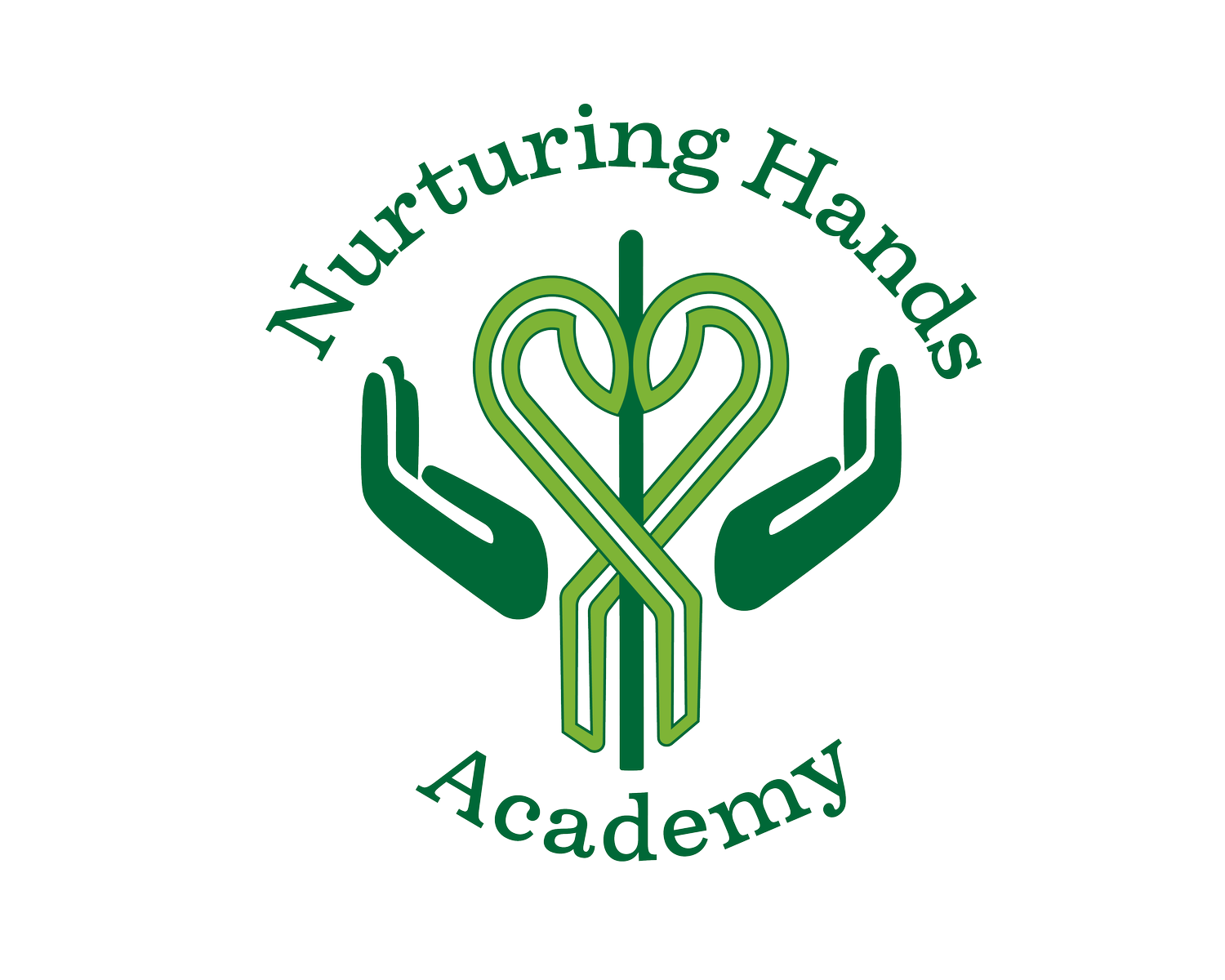Nurse Aide I (NA I) Program
The Nurse Aide I (NA I) program is a state-approved training program designed to prepare individuals to deliver safe, effective, and compassionate care to patients under the supervision of licensed nursing staff. This entry-level program is a vital first step for those pursuing a career in healthcare, especially in long-term care, hospitals, assisted living, and home health settings.
-
The NA I program equips students with the skills and knowledge needed to assist patients with daily living activities and basic healthcare needs. Training is guided by the standards set by the North Carolina Department of Health and Human Services (NC DHHS).
-
Minimum age: typically 16–18 (varies by provider)
Criminal background check and health screening
High school diploma or GED with Transcript (unofficial)
-
Total: At least 124 hours
Classroom/Lab Instruction: ~92 hours
Clinical Practice: ~32 hours (in a licensed Long Term Care facility)
-
Upon completion, students must pass the North Carolina Nurse Aide I Competency Exam administered by Credentia, which includes:
A written (or oral) multiple-choice test online
A hands-on skills demonstration
Successful candidates are added to the North Carolina Nurse Aide I Registry, a requirement for employment in most healthcare settings.
-
Certification must be renewed every 2 years
Must complete at least 8 hours of paid nursing or nursing-related work during each renewal period
-
Beyond technical skills, Nurse Aides must demonstrate strong personal qualities to provide high-quality, compassionate care. These traits are key to building trust with patients, their families and working effectively within a healthcare team.
Top Qualities of a Nurse Aide I:
Compassion & Empathy: Cares deeply about the physical and emotional well-being of patients
Patience: Handles challenges and repetition with calmness and respect
Dependability: Reliable, punctual, and responsible in all duties
Attention to Detail: Observes and reports changes accurately and follows care plans precisely
Strong Communication Skills: Listens actively and communicates clearly with patients and staff
Physical Stamina: Capable of performing physically demanding tasks such as lifting and transferring
Respectfulness: Honors patient privacy, dignity, and cultural differences
Teamwork: Collaborates effectively with nurses, aides, and other healthcare professionals
Adaptability: Remains flexible in fast-paced or changing environments
Positive Attitude: Brings optimism and encouragement to every shift
-
If you’re ready to begin a rewarding career in healthcare, the Nurse Aide I program is your gateway. It’s more than a certification; it's a calling to care for others with skill, integrity, and heart.
Medication Aide Program
The Medication Aide (Med Aide) program in North Carolina is a state-approved training program that prepares qualified Nurse Aides to safely administer medications in long-term care settings. Medication Aides work under the supervision of licensed nurses and play a key role in ensuring patients receive the correct medications at the proper times.
This program is ideal for Certified Nurse Aides (CNAs) looking to expand their skills, take on greater responsibility, and advance their career in healthcare.
-
The North Carolina Medication Aide program is regulated by the NC Board of Nursing and the NC Division of Health Service Regulation (DHSR). It focuses on proper medication administration, patient monitoring, and documentation in accordance with state laws and facility policies.
-
To enroll, applicants must:
Be listed in good standing on the NC Nurse Aide I Registry
Have a high school diploma or GED
Complete a state-approved 24-hour Medication Aide training program
-
Basic pharmacology
Types and classifications of medications
Rights of medication administration (Right patient, drug, dose, time, route, etc.)
Infection control and safety procedures
Medication storage and documentation
Identifying side effects, adverse reactions, and when to report
-
After completing the training, students must pass the North Carolina Medication Aide Exam administered by Credentia.
Those who pass are listed on the NC Medication Aide Registry, which qualifies them to administer medications in skilled nursing facilities.
Note: This certification does not authorize medication administration in hospitals, assisted living, or adult care homes unless additional training is completed.
-
Medication Aides must be not only technically competent but also detail-oriented, trustworthy, and compassionate. Their work requires precision and a strong sense of responsibility to protect patients' health and safety.
Top Qualities of a Medication Aide:
Accuracy & Attention to Detail: Ensures correct medication, dosage, and timing every time
Accountability: Takes full responsibility for safe and ethical medication administration
Integrity: Maintains patient confidentiality and follows regulations without compromise
Strong Communication Skills: Clearly reports observations to nurses and documents thoroughly
Patience & Compassion: Understands that patients may need reassurance or extra care
Calm Under Pressure: Manages medication errors or adverse reactions with clarity and control
Time Management: Handles multiple medication schedules efficiently
Adaptability: Able to adjust to policy changes, new medication protocols, or patient needs
Team-Oriented: Works collaboratively with nurses, aides, and other healthcare staff
Commitment to Learning: Stays up-to-date on medication safety and best practices
-
Becoming a Medication Aide is a great opportunity for Nurse Aides to grow professionally, contribute more directly to patient care, and increase their value in the healthcare field.



